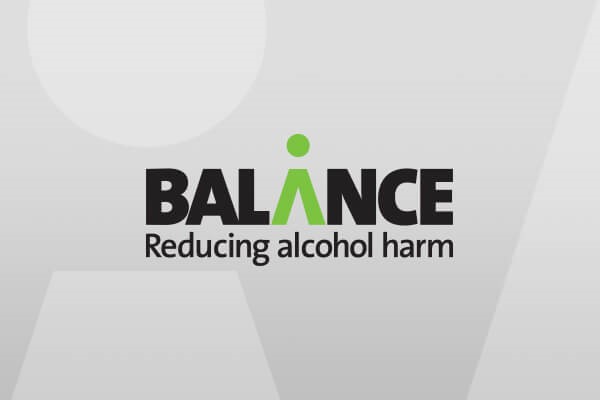Balance response to Drinkaware report
Colin Shevills, director of Balance, explained: “While we recognise that some 16 and 17-year-olds will drink, the medical advice is that an alcohol free childhood is best for your child’s health and wellbeing. If young people do drink at this age, it is important that they do so under parental supervision and do not drink to excess.
“It is astonishing and extremely worrying that some parents are supplying their children with up to five bottles of spirits, which contain almost nine times the recommended safe weekly limit for an adult male. This is compounded by the fact that they are then sending their children off to consume this dangerous volume of alcohol unsupervised. I would also suggest that many parents can only buy such volumes of alcohol because it’s so cheap, less than £7 for some bottles of vodka.
“Parents need to know that increasing numbers of young people are choosing not to drink and they shouldn’t feel pressured into buying alcohol for their children.
“Parents have a duty to make their children aware, sooner rather than later, that consuming too much alcohol can lead to poor judgement and risky situations. They need to follow this up by actively limiting the amount of alcohol made available to their children.
“No parent should be letting alcohol make their children’s decisions for them. All too often this can lead to children being involved in fights, being the victim of crime, participating in a one-night stand and the resulting STD or unwanted pregnancy, taking drugs or ending the evening in A&E. I can’t stress enough how much influence parents have in ensuring that their children make the right decisions and stay safe.”
Government research suggests that parents should address the issue of alcohol with their children as early as the age of eight and the chief medical officer advises that children should experience an alcohol free childhood up to at least the age of 15, as the brain is still developing.
